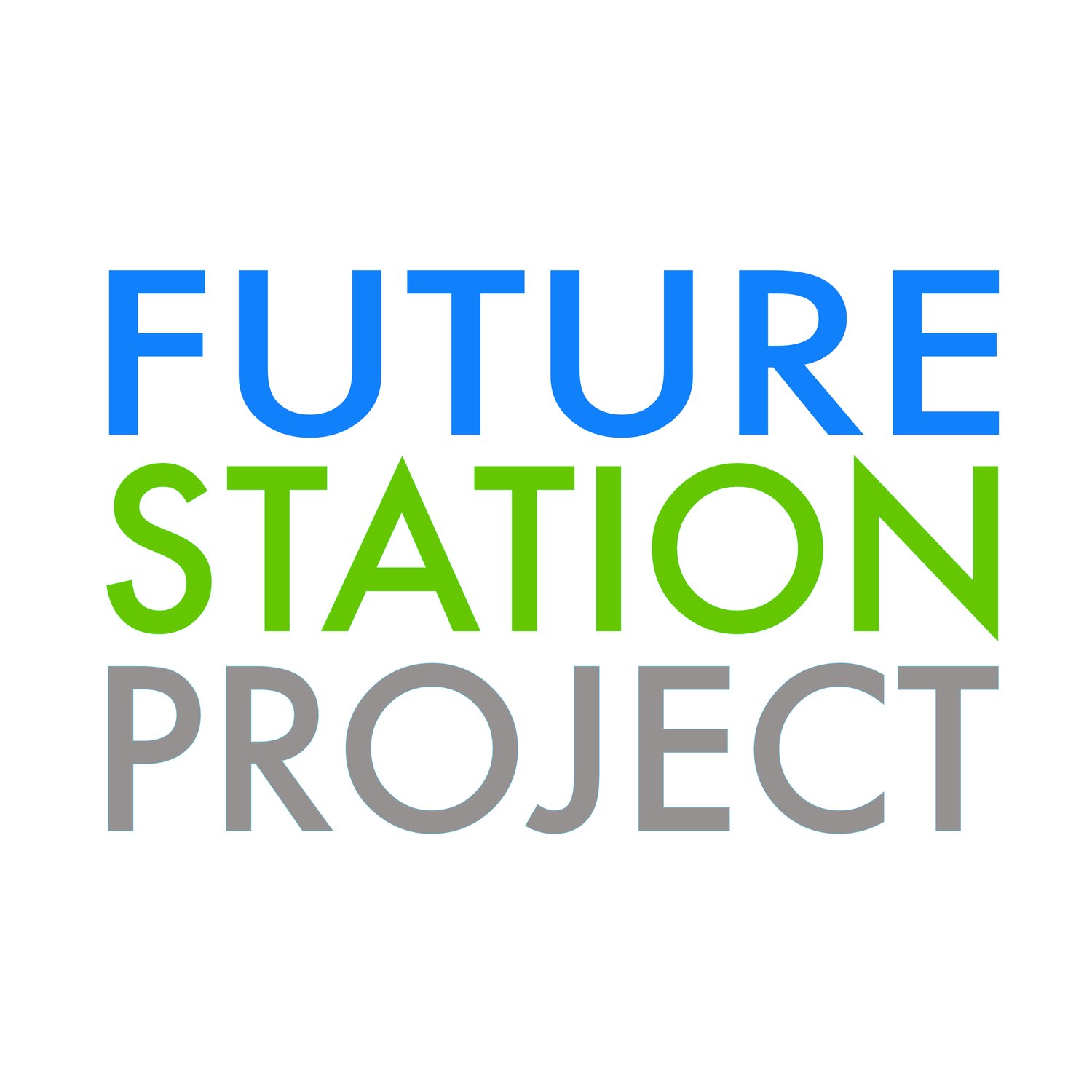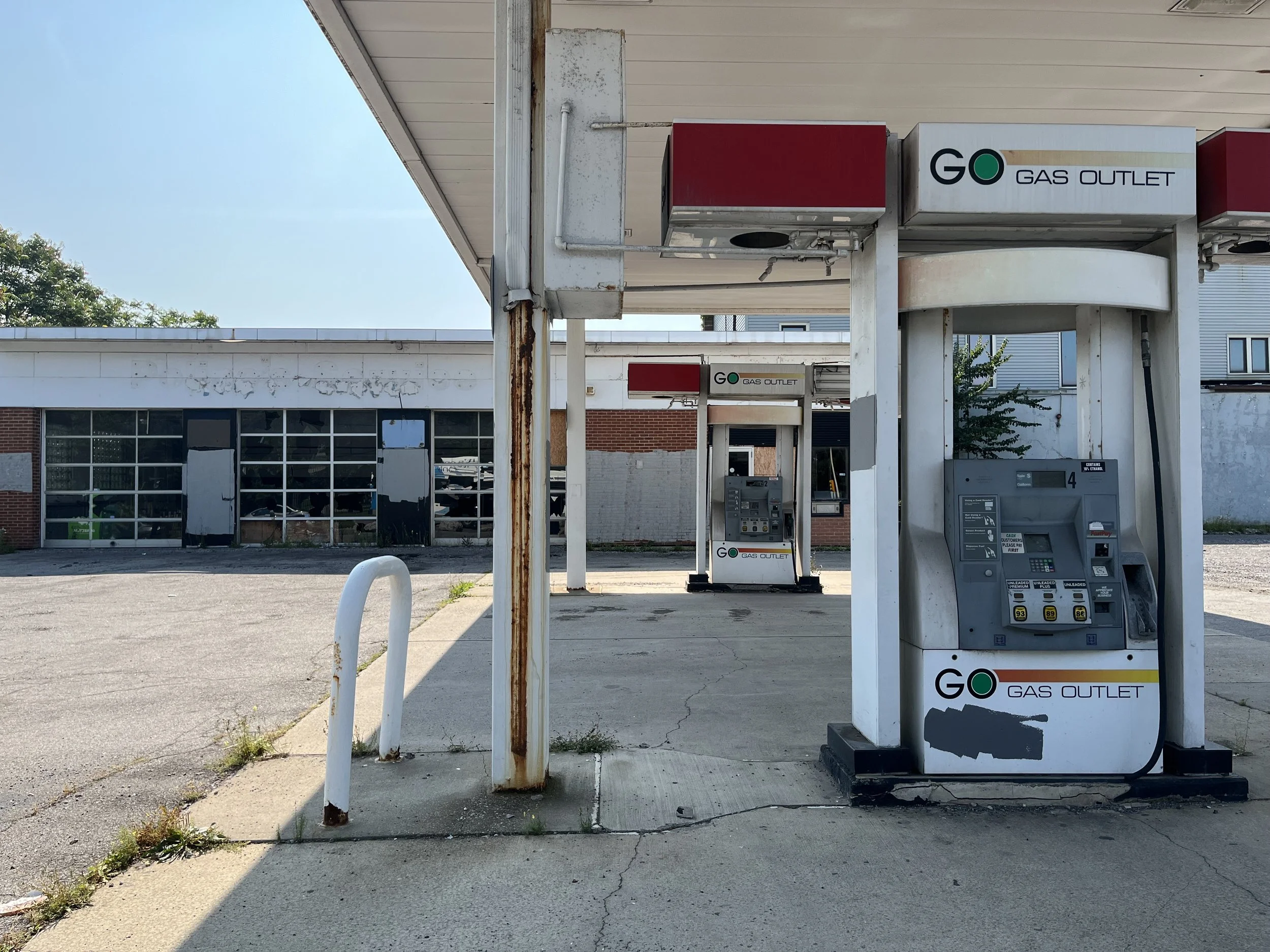Project Goals
The goals of the Future Station Project are to:
Provide design prototypes in locations across the state
Inform the public about the wide range of considerations in the transition
Encourage public investment in transportation alternatives.
Demonstrate the value of adaptive reuse.
Promote environmental improvements such as rainwater detention and landscape design.
Make the most of the symbolic value of the changes to gas stations.
We need to make social justice the center of the efforts as we accelerate the transition. There is a correlation between low income and high rates of illnesses like asthma as low income neighborhoods are often places with heavier truck traffic and more air pollution. People with low incomes have the most difficult time replacing their cars and depend heavily on public transportation or ride sharing. Inequity in car ownership and access to transit makes mobility more difficult.
Cost of environmental remediation of the underground gas storage tanks and the time it takes to complete it can be an obstacle to redevelopment of stations for other uses. Leaking tanks can pollute groundwater if they are not cleaned up. The typical small size of gas station sites increases the relative cost of remediation and limits the options for other commercial uses.
Local communities can take an inventory and assessment of existing stations for future possibilities. There are advantages to connect automobiles to other forms of transportation.

